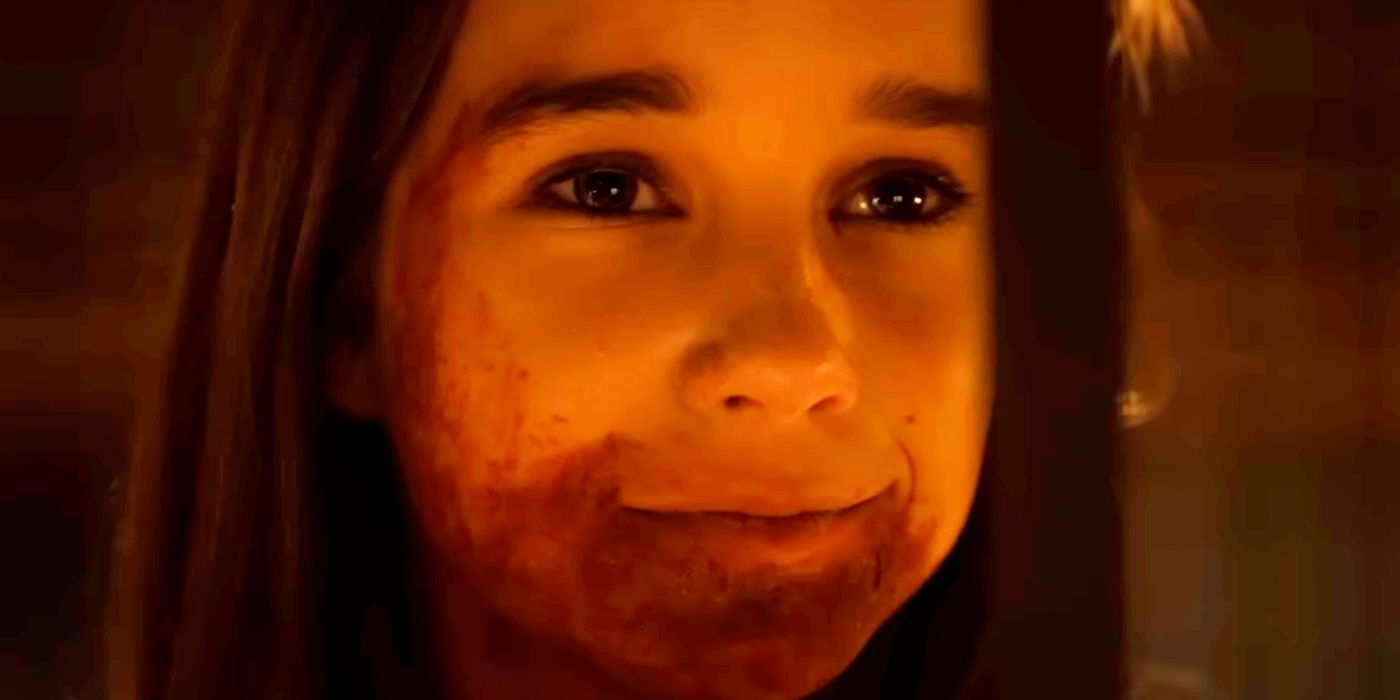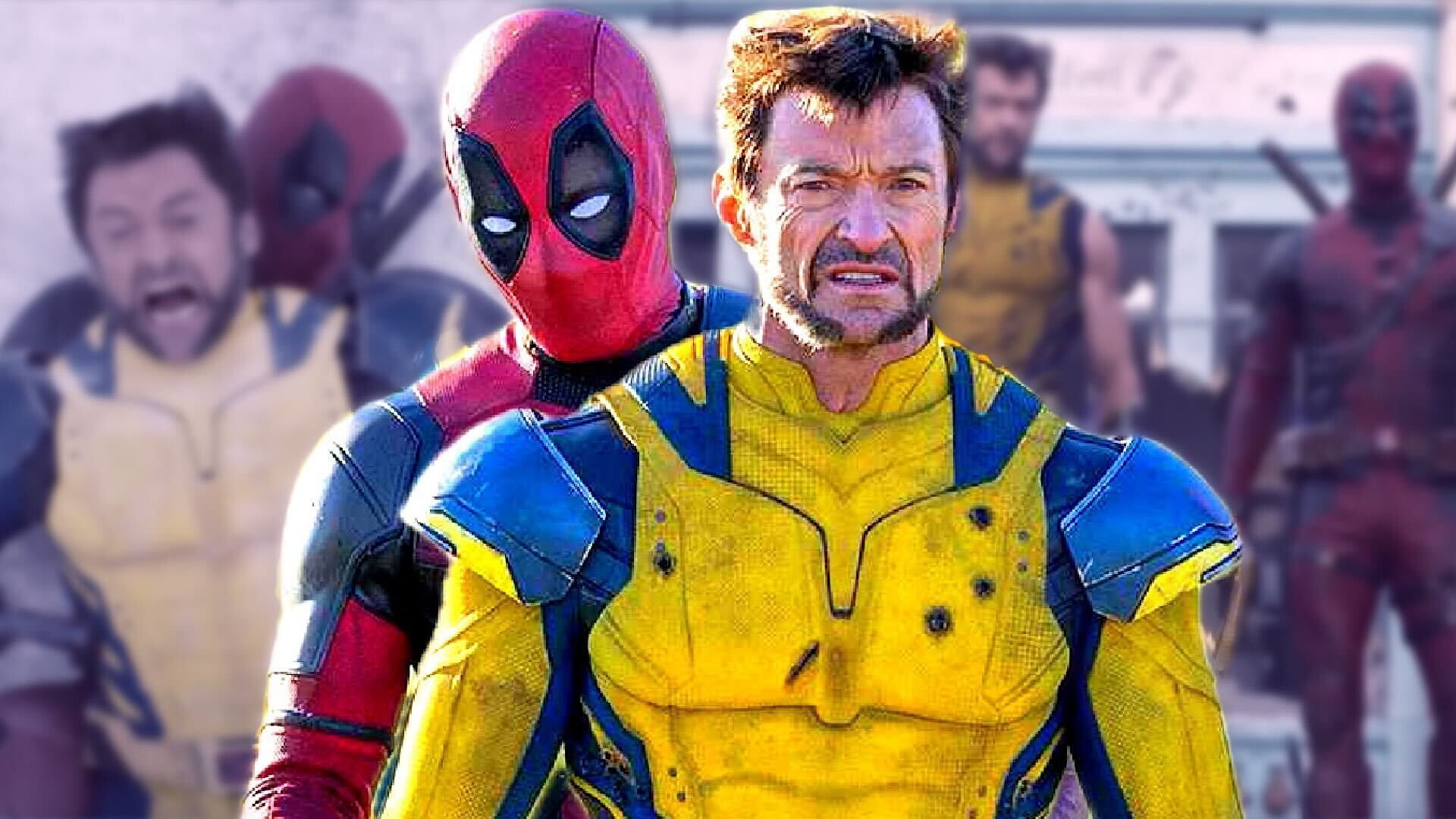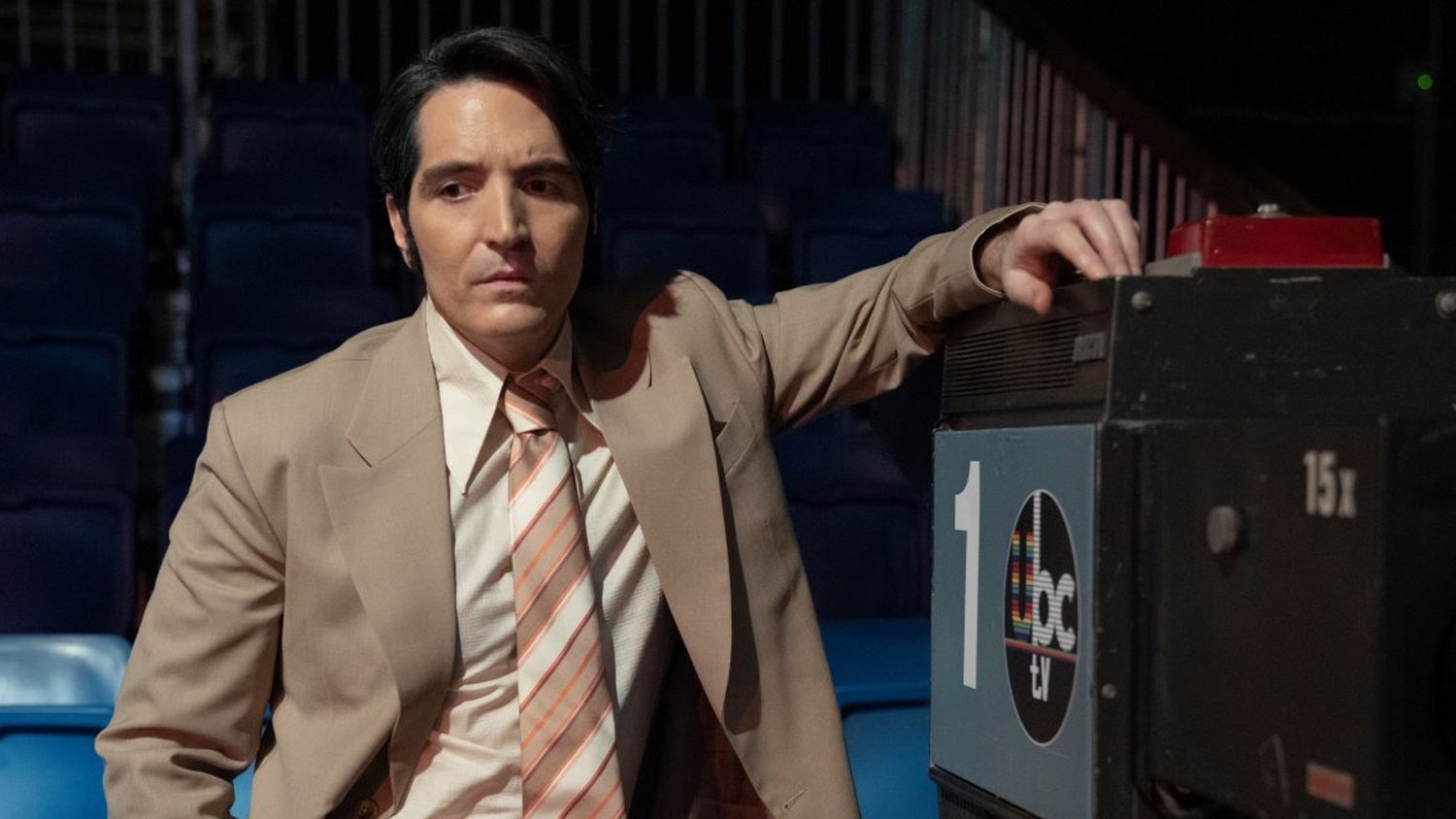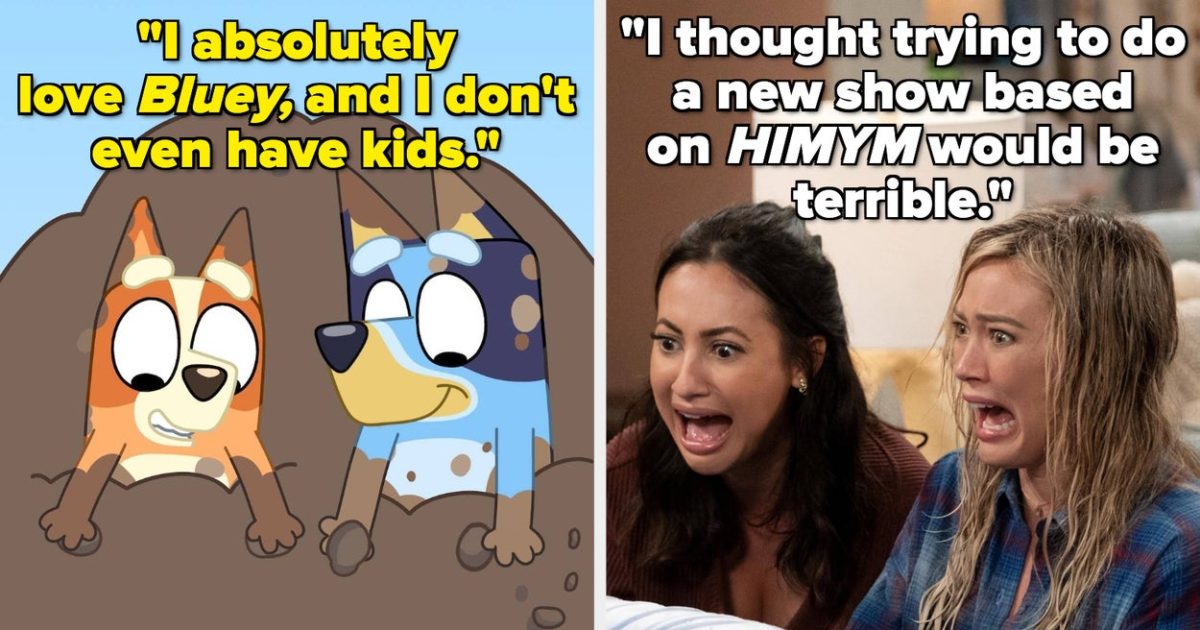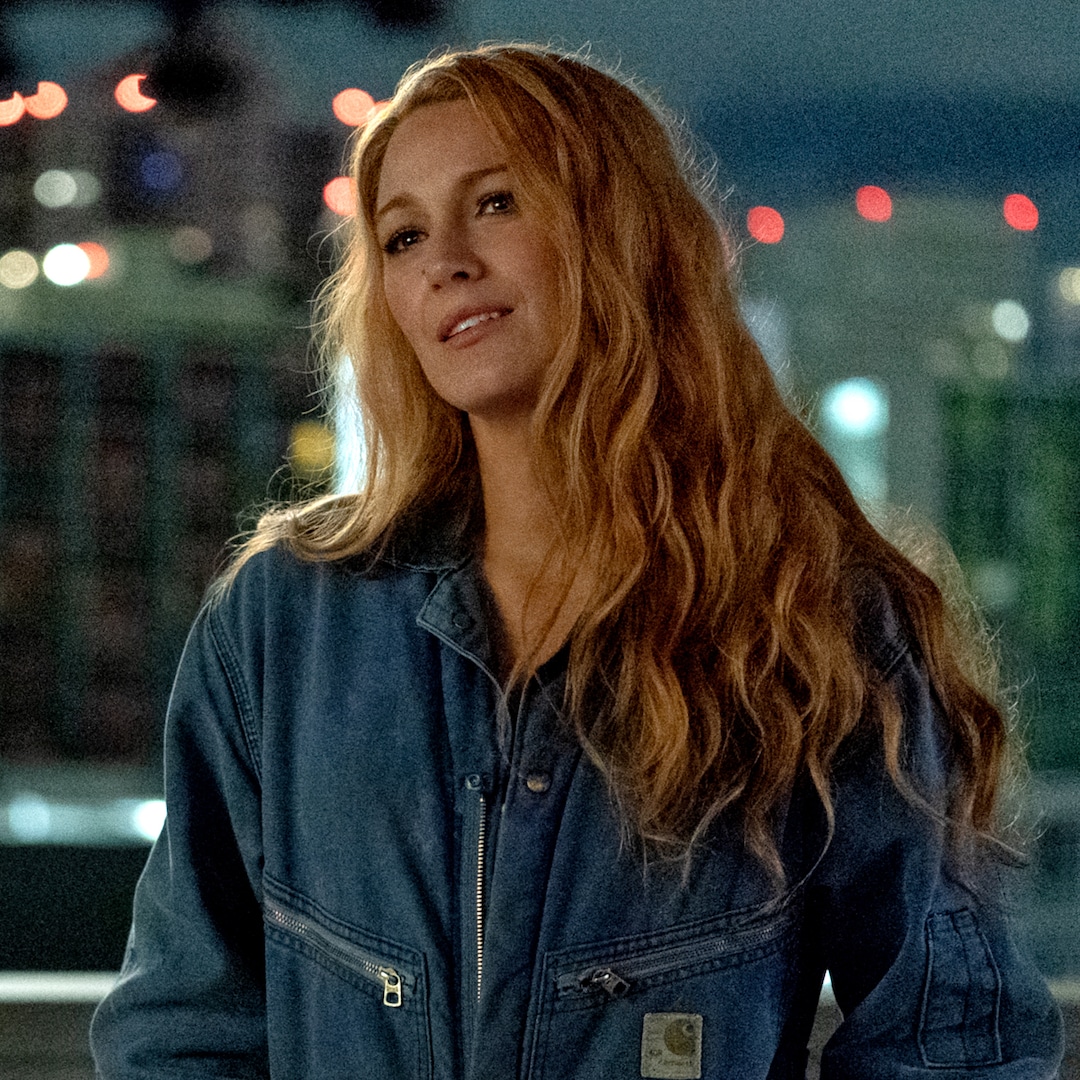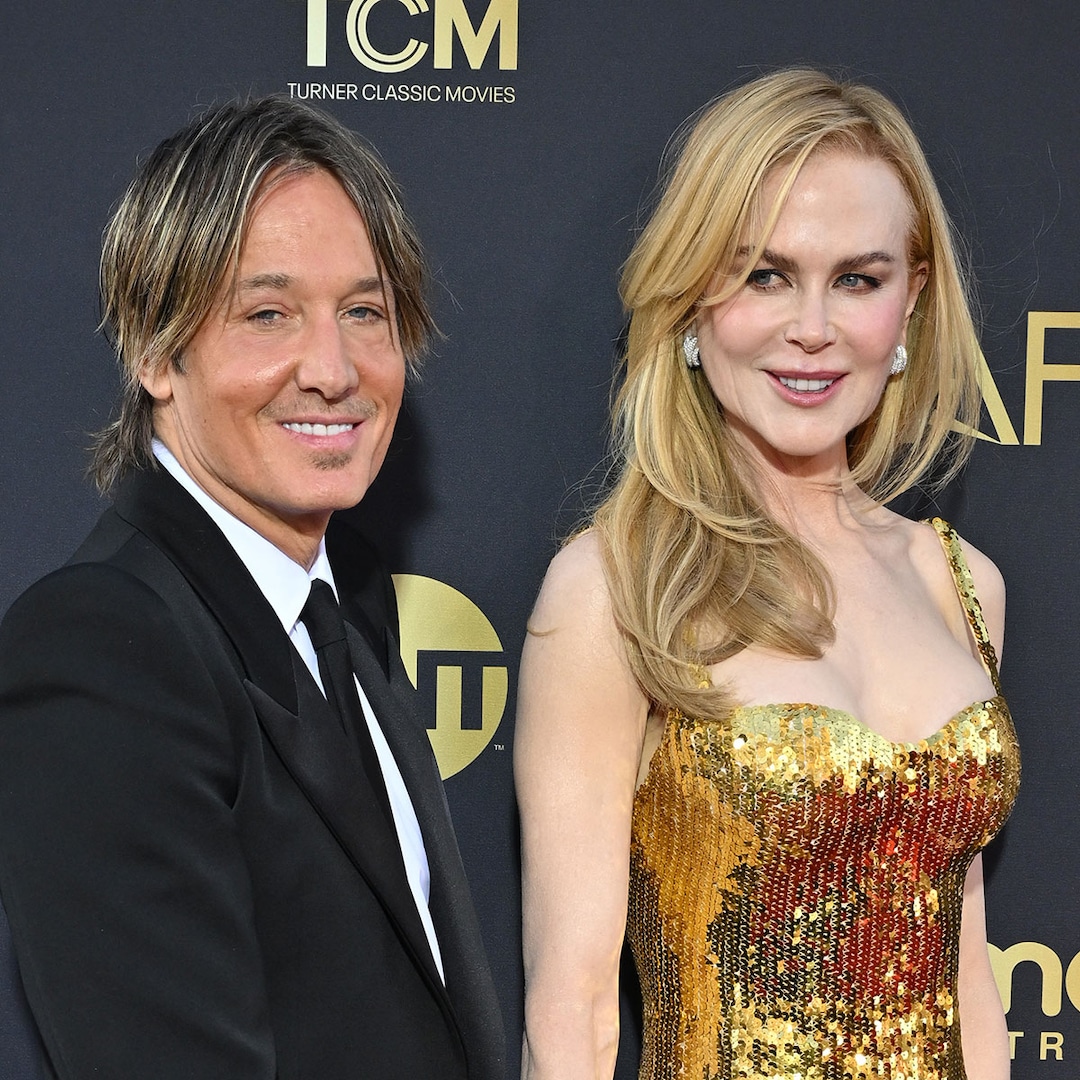‘Beacon 23’ Showrunner on the Challenges of Shooting Back-to-Back Seasons
Nov 29, 2023
The Big Picture
Beacon 23 is a science fiction series centered around a remote lighthouse in space that serves as a beacon for passing ships. Hugh Howey, the author who wrote the book the series is based on, has a talent for crafting elegant and imaginative storytelling that is both entertaining and easy to follow. The show was challenging to produce due to the COVID-19 pandemic and the need for safety measures, but the team was able to creatively adapt and make changes to the story as they went along, resulting in a fluid and exciting narrative.
Based on the best-selling book by Hugh Howey (Silo), the MGM+ original series Beacon 23 takes place inside one of the lighthouses floating in the farthest reaches of space. When government agent Aster (Lena Headey) finds her way onto the beacon, she crosses paths with ex-military man Halan (Stephan James). The two quickly question each other’s motives and agenda, but also realize that they might benefit more from being friends than foes.
During this 1-on-1 interview with Collider, executive producer Glen Mazzara (The Walking Dead) talked about why Hugh Howey’s storytelling translates so well to TV, how he got involved as showrunner of the series, shooting two seasons back to back, how their approach to the episodes was very fluid as they moved things around during editing, being very deliberate in all their character choices, wanting to challenge the audience, what Headey and James brought to their characters, figuring out the best way to use the tech in the story, and what would most surprise audiences about what it took to pull this sci-fi drama off.
Beacon 23 A man living in the 23rd Century works at a remote “lighthouse” in space that serves as a beacon to help passing ships. Release Date November 12, 2023 Cast Lena Headey Main Genre Science Fiction Seasons 1 Streaming Service(s) MGM+
Collider: I love a show like this that creates a whole world. I also watched Silo earlier this year, which is also based on work of the same author, and I really enjoyed that series. What is it about the work of Hugh Howey and his storytelling that you think translates so well, cinematically?
GLEN MAZZARA: I think he has a very elegant way of writing. He’s just a great guy and he understands character. He’s very imaginative and creates a setting that is mysterious yet simple. It’s not confusing. The idea of a lighthouse in space makes total sense. Why have we never seen that? That just makes complete sense. So, I loved that idea. You think about, what if you’re stuck on that lighthouse? That’s really interesting. And then, he dives into the characters. His stories have a deeper level, but I also think they’re fun and entertaining. It doesn’t feel like homework when you’re reading it. Sometimes sci-fi can get a little dense or precious, and his stuff is just really incredibly entertaining.
Image via MGM+
Planning Out Seasons 1 and 2 Simultaneously
If I understand the timeline of it all correctly, three months into production on Season 1, the series was renewed for Season 2 and you signed on as co-showrunner for the second season. Had there already been a plan in place for what Season 2 would be? Were there things that you wanted to change about where things would then go in Season 2?
MAZZARA: That’s very interesting. I signed onto the show because I was friendly with Zak Penn, who created the show, so I came in to consult on both Season 1 and to punch up scripts on Season 2. It was a long, challenging shoot. The fact that we were doing two seasons was gonna be a challenge. We were shooting this during COVID, and it was interior. Everything we were doing, we had to have protections to keep the actors safe and the crew safe, so everything takes much longer. Zak had some other engagements that he had to step out for, and I was really pushing ahead with Joy Blake on our plan for Season 2. But as I was going through the Season 1 material because I was editing Season 1, I was like, “Oh, we can use that, or if we do this, maybe we should set it up here.”
It was really an incredible experience because usually you make a show where you make your Season 1, and then you get to Season 2 and you say, “Now what?” But with this, we had 16 episodes to tell the story, and we were able to move pieces around and take storylines that were written for one episode and maybe move it into another episode, or create an episode and move that up. There is one episode in which the episode was written to further explore some of the choices that Lena [Headey] made early on. She plays a scene in a certain way, and as I was cutting that, I said, “Why would she do that? That’s interesting. What is she saying?” And then, that generated a story, and we were able to write that story and shoot it. It was really a fantastic experience. I’ll probably never have that experience again. It was just an odd happenstance, but creatively, it was really exciting. So, I would say that all the episodes were very fluid. As we were finding more about the characters and the world, all based on the foundations that Zak set, we were able to generate and find more story and sharpen our stories and really tell as tight a story as possible. It was a great experience. It was really a lot of fun.
When you know you’re going to have a second season, does it change how you handle the ending of the first season?
MAZZARA: There were certainly discussions about, what would be the end of Season 1? What would be the beginning of Season 2? But we did understand the story. Maybe it was just the usual discussions about, what is the best possible ending for Season 1? What is the best possible beginning for Season 2? What does Season 2 set up? Once you know that you have two seasons to tell your story, you can relax and address that opportunity. A lot of times, there’s pressure on a Season 1 finale to get the Season 2. With this, we just had to make it great. We just had to tell our story and be true to the characters and be true to the world and surprise the audience. It didn’t have the pressure that I’ve had when I’ve done other shows, where you’re waiting to hear about a Season 2 pick-up.
Image via MGM+
Expanding the Story While Working WIthin the Confines of A Specific Location
You’ve worked on quite a few shows that have decent size ensemble cast. With a show like this, you have to come up with reasons to be able to introduce new characters in a spaceship. Are you able to bring in more characters in the second season? How has the experience compared to working with a smaller cast like this?
MAZZARA: That’s a fantastic question. Thank you for asking it. When you have an ensemble, you can break your story, so that you have your characters, and then you can cut away to the other story and mine those stories. Hopefully, thematically, those stories are connected, and then you’ve got yourself an episode of TV. With this, it was tough because you have to have the characters grow emotionally, but you only have so many characters. One of the things that we were able to do was that we realized we wanted to keep surprising the audience. We were able to push into different timelines and different pieces of the puzzle, and we gave those different pieces of the puzzle in a way that I felt, to genre fans, would be fun. We never say that we’re giving you a piece of the puzzle. We never say, “Oh, you need this piece of the puzzle.” We just throw down another piece, and then the audience has to say, “Okay, why is this happening? Why is this information relevant now?”
I believe genre fans love when things come together at the end and they can say, “Oh, it was that.” I think people enjoy it when they realize that they’re being challenged. That’s not saying that the show is confusing at all. Hopefully, it’s not because I do believe every episode works on its own. But when you step back and you see the entire tapestry, and to know that there could be more coming, hopefully, the audience will respond and enjoy that. So, it was a fun, fresh way to tell the story. To have all the pieces on my workbench, and then to be able to put the story together in a way that surprises the audience and keeps them guessing, I think will be fun. I do really predict that there’s no way people watching the show will be able to tell where the show is going. Just as soon as you think you know what the show is, we throw another curveball at you, which is tough to do when you have such a limited setting, in the sense that it’s just this lighthouse in space.
What do you most enjoy about the dynamic between these two characters and watching what Stephan James and Lena Headey bring to them? What was it like to see the work that they did, on their own end with each other?
MAZZARA: I’m a huge fan of both. I just love Lena’s work and I think she’s absolutely terrific. If anything, when I was cutting the episodes, a lot of times, the original cuts were maybe propelling the story, but I was like, “No, let’s stay with her. Let’s stay on her face.” She gives so many layers to her performance. There’s a lot she’s not saying. I was very interested in figuring out what made her tick. So, one of the things that I think is very interesting is that she comes into the show, she has an agenda, she has a mystery, she has a lot of compassion, and she has a lot of heart. There’s an element to the show that plays as a thriller, and then also you get very into this character drama of two broken people trying to help each other, but being unable to help themselves. There was a depth there and there’s a journey for her, as she’s trying to figure out who she is throughout Season 1. In a way, I would say that a lot of the writing and particularly the editing had to catch up to her performance. What Lena did with this character and the surprising choices she made really drove the creative process, once I became the showrunner.
Image via MGM+
In watching Stephan James, you see such a vulnerability in a character that you’re not sure is vulnerable.
MAZZARA: Yeah, and I give him a lot of credit. Yes, there’s a lot of action and cool stunts, but the moments I think about from the show are the vulnerable ones, and Stephan did that. He went there. I thought he gave a very brave, very nuanced performance that’s something that you wouldn’t expect in this setting. I think the audience will come in with certain expectations about a show set in space, and this hopefully surprises them.
How Did They Approach Incorporating the Tech?
Do you enjoy getting to play with the tech and to find ways to incorporate that tech into the world and the lives of these characters? Is it fun to figure out how to best use that as story?
MAZZARA: Yes. That’s a great question. One thing is that they would take their tech for granted, in the way that we do, but our characters are not very good at tech. They don’t understand how things work. Stephan has Post-Its that say, “Don’t touch.” That’s terrifying because they have to understand how it works. We don’t have anyone in the show who’s very good at that, which is how I am. I’m a disaster with even screwing in a lightbulb. I think that’s interesting. What happens in a lot of sci-fi shows is that people create the science and they have an explanation of the science, and then they just figure out what they’re gonna do and how to solve it. They’re like, “Okay, we have this anomaly that created a time rift, and if we just reverse the thrusters and go back through the time rift, everything will be healed.” I don’t know if science works like that, but that’s how it happens in a lot of science fiction. We don’t have that. We literally have people trying to figure out how things work. We have things breaking down. As the show continues, you’ll see that the beacon is a house that falls into disrepair. We want the beacon to feel like a lighthouse. We want the beacon to feel like a house that’s falling apart. There were a lot of discussions about giving the essence of weather and erosion to the lighthouse. We took the lighthouse motif very seriously. So, the tech gave us, not just a fun way to explore a story, but the way we explored it was through, how do the characters really have no idea how to use the tech around them that they depend on to stay alive?
The Painstaking Work that Went Into Doing Two Seasons Back-to-Back
What do you think would most surprise people about what it takes to pull off a series like this? Is it aspects of the production? Is it just getting these sets to look how they do?
MAZZARA: To be honest, I think what would surprise people is how much work the entire cast and crew put into the show. With other shows I’ve worked on, you write a script, and then you go and shoot the script, and then you cut the script and it’s done. We worked on every frame, whether it was the color or working with the sound or working with the visual effects. There’s not one thing in all these episodes of Beacon 23 that we did not go through with a microscope and say, “Why is the character saying that? Why are they doing that? Does that make sense? Wait a second, what about this? What about that?” There are shots that call back to each other. It’s just such a finely woven work that, to be honest, I don’t even want the audience thinking about that. I want them sitting down, enjoying it, and going on the ride. But this was the most painstaking show I’ve ever worked on, and maybe part of that is because we had so much to do in post with the visual effects, and then that gives you the opportunity to spend more time tweaking the lines or cutting, or what have you. The amount of work that we put into this show far exceeds the amount of work I’ve ever seen put into any other show, I will be honest about that.
Beacon 23 is available to stream at MGM+.
Watch at MGM+
Publisher: Source link
Schitt’s Creek, Love Is Blind, & Other TV Shows People Didn’t Expect To Love
Schitt's Creek, Love Is Blind, & Other TV Shows People Didn't Expect To Love We asked the BuzzFeed Community to tell us the TV shows they didn't think they'd like for even one second. But, by the grace of the…
May 1, 2024
It Ends With Us First Look Teases Lily & Atlas’ Reunion
The countdown to It Ends With Us starts now. After some adjustments on the calendar, the highly anticipated film adaptation of Colleen Hoover's novel is officially coming to movie theaters on August 9, Sony Pictures confirmed, promising it to be the "movie…
May 1, 2024
Miranda Cosgrove Recalls Awkward iCarly Fan Encounter
Miranda Cosgrove Recalls Awkward iCarly Fan Encounter In the 2000s, Miranda Cosgrove was one of Hollywood's best-known child stars. And now, at 30 years old, her iconic shows are being discovered by a whole new generation of viewers. While appearing…
Apr 30, 2024
Nicole Kidman Details Rare Night Out With Keith Urban and Their Kids
This isn't a big or little lie: Nicole Kidman has mastered the art of balance. In fact, right after being honored at the 2024 American Film Institute Life (AFI) Achievement Award Gala April 27—where she walked the red carpet with husband Keith Urban and…
Apr 30, 2024
